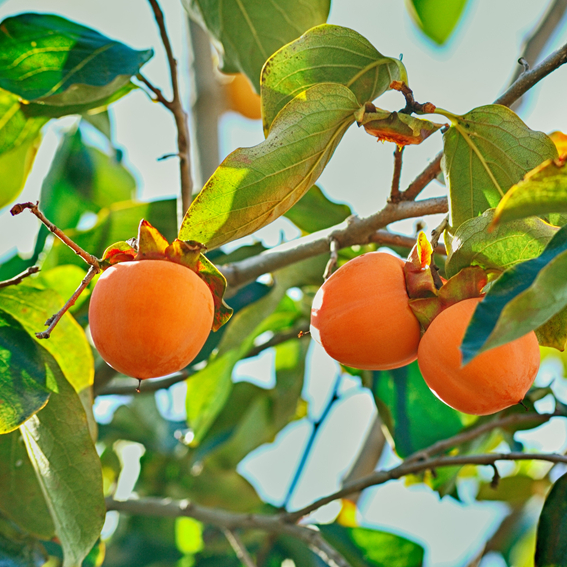
Background
Japanese persimmon is used for high blood pressure, fluid retention, constipation, and other conditions, but there is no good scientific evidence to support many of these uses.
Safety Safety definitions
Special Precautions & Warnings:
Pregnancy and breast-feeding: Not enough is known about the use of Japanese persimmon during pregnancy and breast-feeding. Stay on the safe side and avoid use.Bleeding disorders: Taking Japanese persimmon might slow blood clotting. This might increase the risk of bruising and bleeding in people with bleeding disorders.
Low blood pressure: Japanese persimmon might lower blood pressure. There is some concern that it might make low blood pressure worse or interfere with treatment intended to raise low blood pressure.
Surgery: Japanese persimmon might lower blood pressure or slow blood clotting. This might interfere with blood pressure control or increase the chance of excessive bleeding during and after surgery. Stop using Japanese persimmon at least 2 weeks before a scheduled surgery.
Effectiveness
- High levels of cholesterol or other fats (lipids) in the blood (hyperlipidemia). Early research shows that eating fiber from unripe Japanese persimmon fruit may lower lipid levels in the blood.
- Prediabetes. Early research in people with prediabetes shows that taking Japanese persimmon leaf extract might lower blood sugar.
- Constipation.
- Fluid retention.
- Hiccough.
- High blood pressure.
- Improving blood flow.
- Reducing body temperature.
- Stroke.
- Other conditions.
Dosing & administration
Interactions with pharmaceuticals
Medications for high blood pressure (Antihypertensive drugs)
Interaction Rating=Moderate Be cautious with this combination.
Japanese persimmon seems to decrease blood pressure. Taking Japanese persimmon along with medications for high blood pressure might cause your blood pressure to go too low.
Some medications for high blood pressure include captopril (Capoten), enalapril (Vasotec), losartan (Cozaar), valsartan (Diovan), diltiazem (Cardizem), amlodipine (Norvasc), hydrochlorothiazide (HydroDiuril), furosemide (Lasix), and many others.
Medications that slow blood clotting (Anticoagulant / Antiplatelet drugs)
Interaction Rating=Moderate Be cautious with this combination.
Japanese persimmon might slow blood clotting. Taking Japanese persimmon along with medications that also slow clotting might increase the chances of bruising and bleeding.
Some medications that slow blood clotting include aspirin, clopidogrel (Plavix), dalteparin (Fragmin), enoxaparin (Lovenox), heparin, indomethacin (Indocin), ticlopidine (Ticlid), warfarin (Coumadin), and others.
Interactions with herbs & supplements
Herbs and supplements that might slow blood clotting: Japanese persimmon might slow blood clotting. Taking Japanese persimmon along with herbs that also slow clotting might increase the chances of bruising and bleeding. These herbs include angelica, clove, danshen, garlic, ginger, ginkgo, Panax ginseng, red clover, willow, and others.




